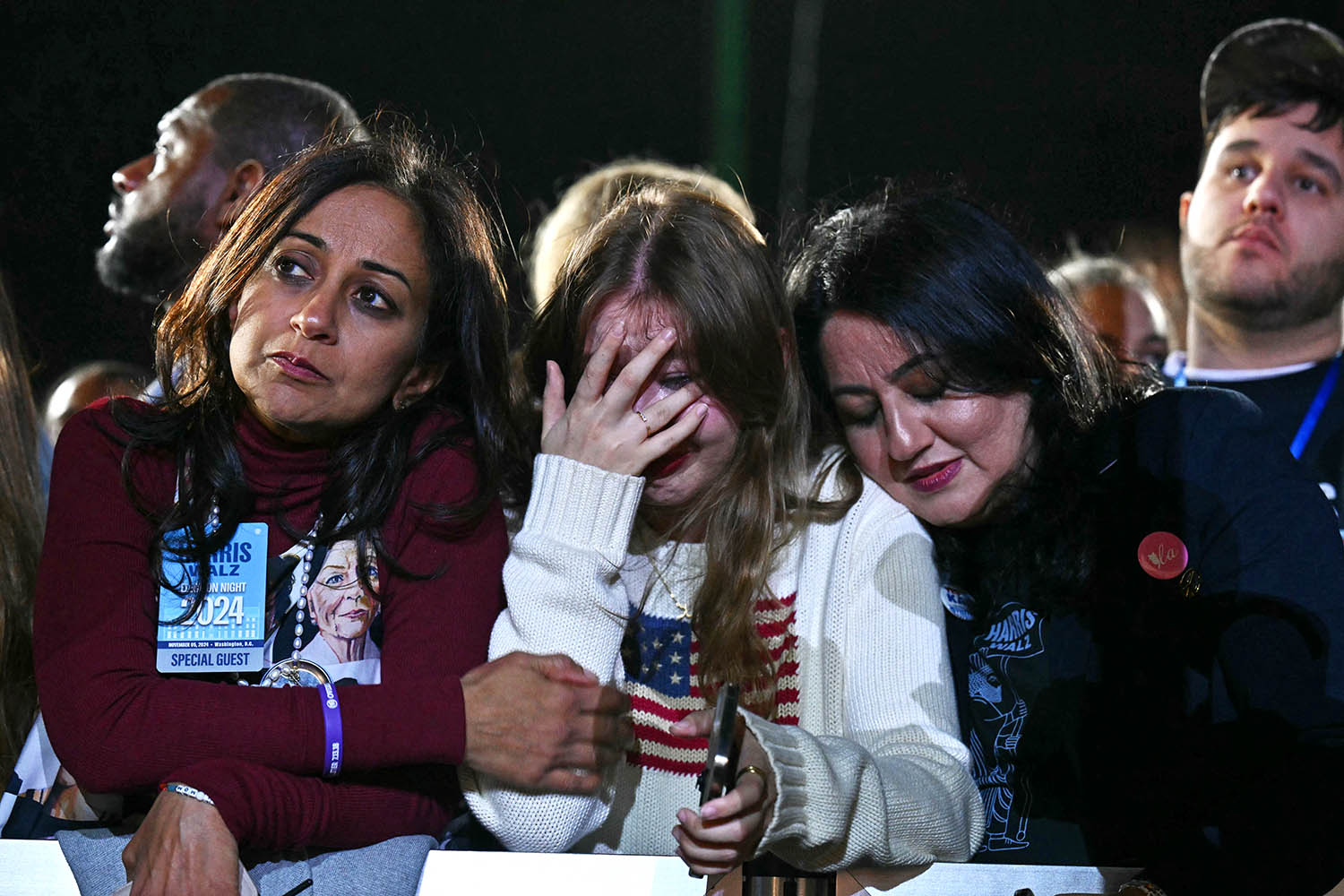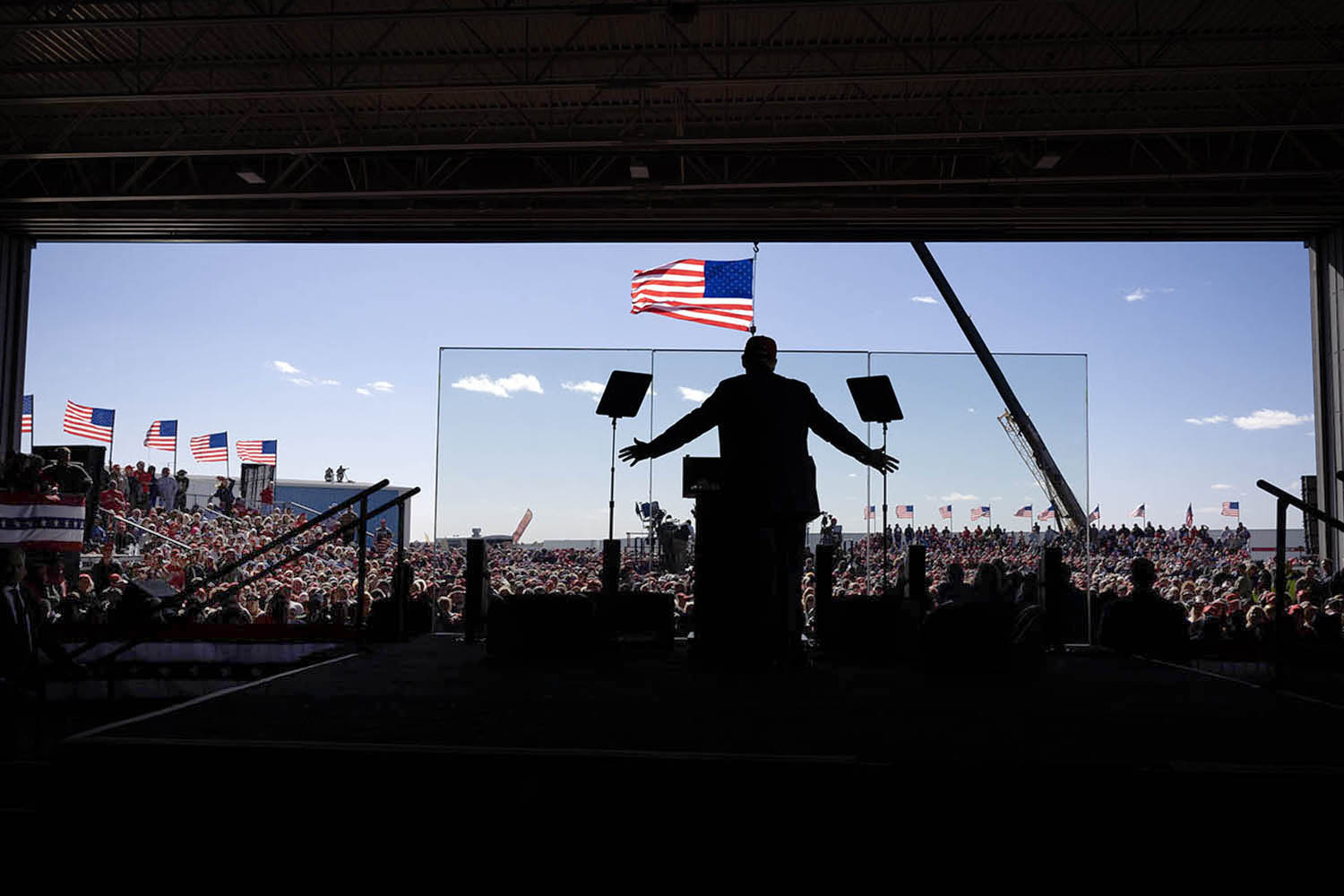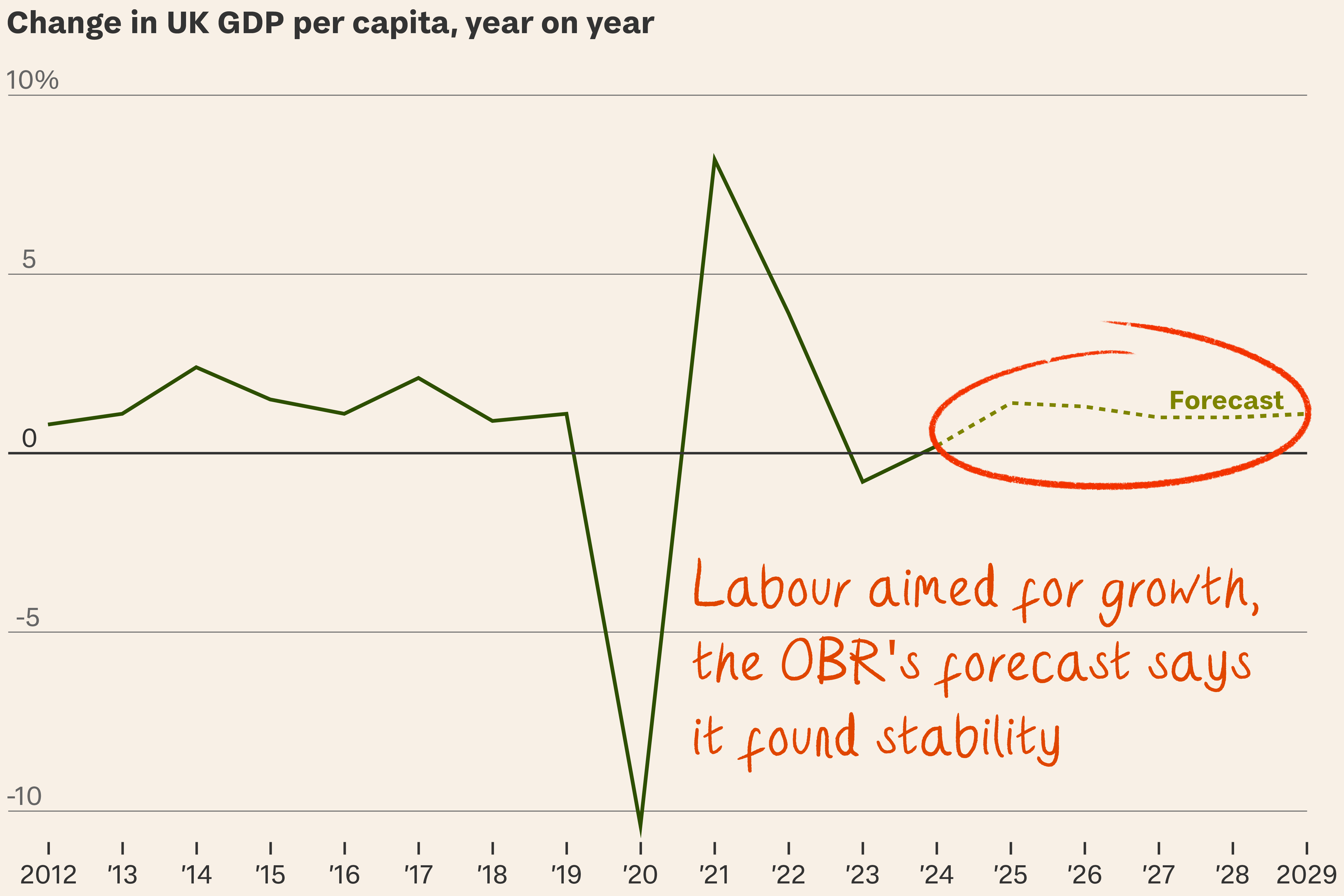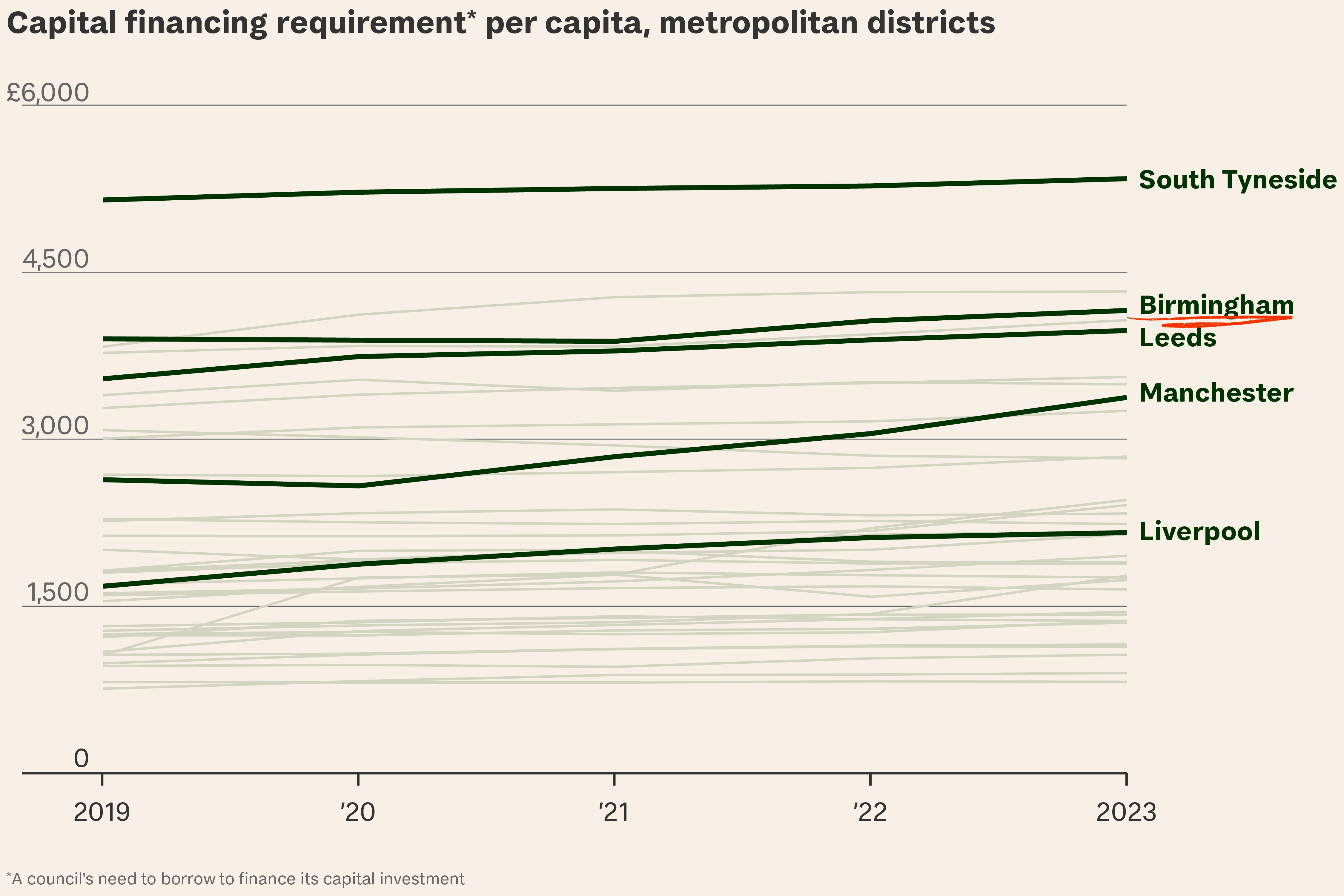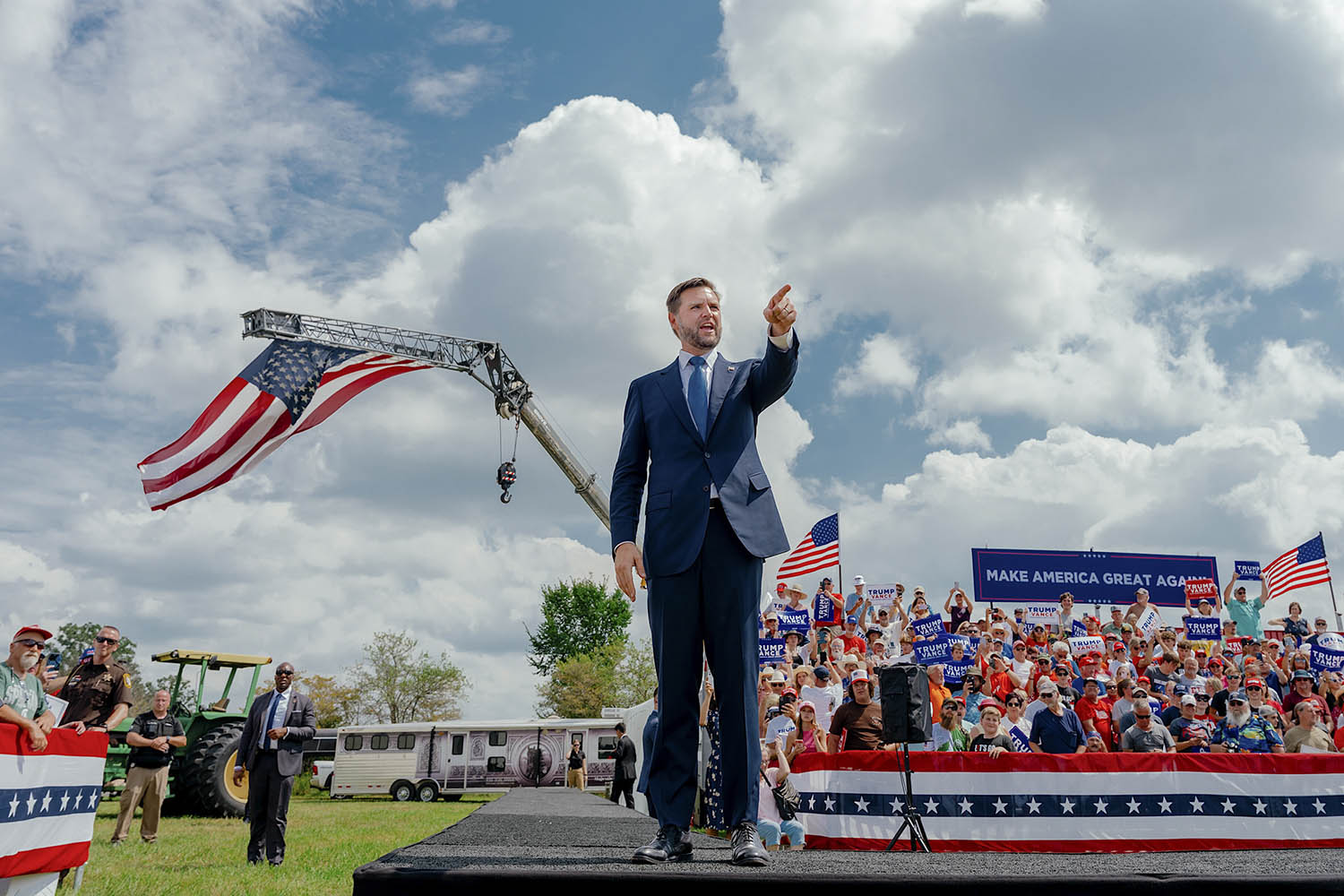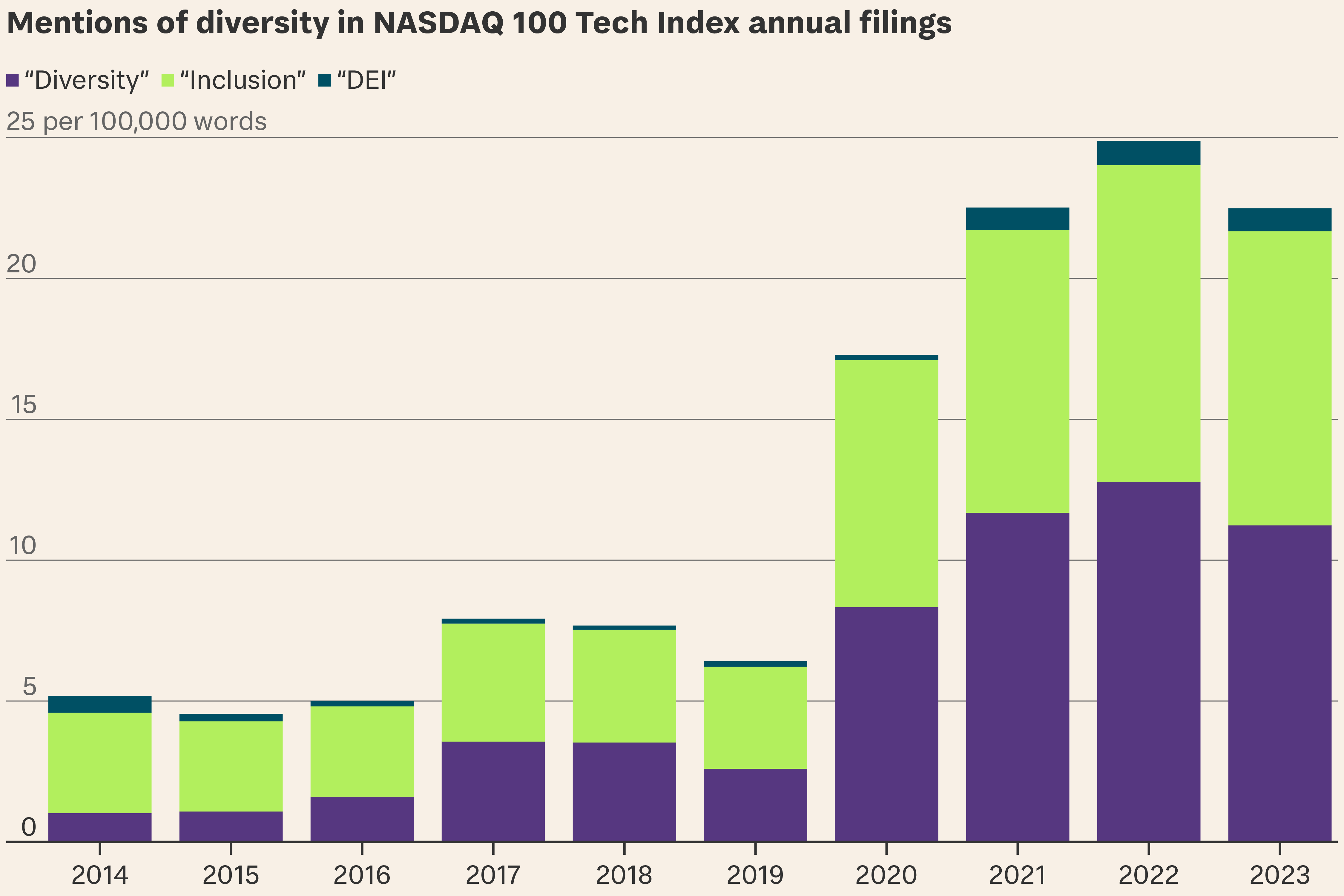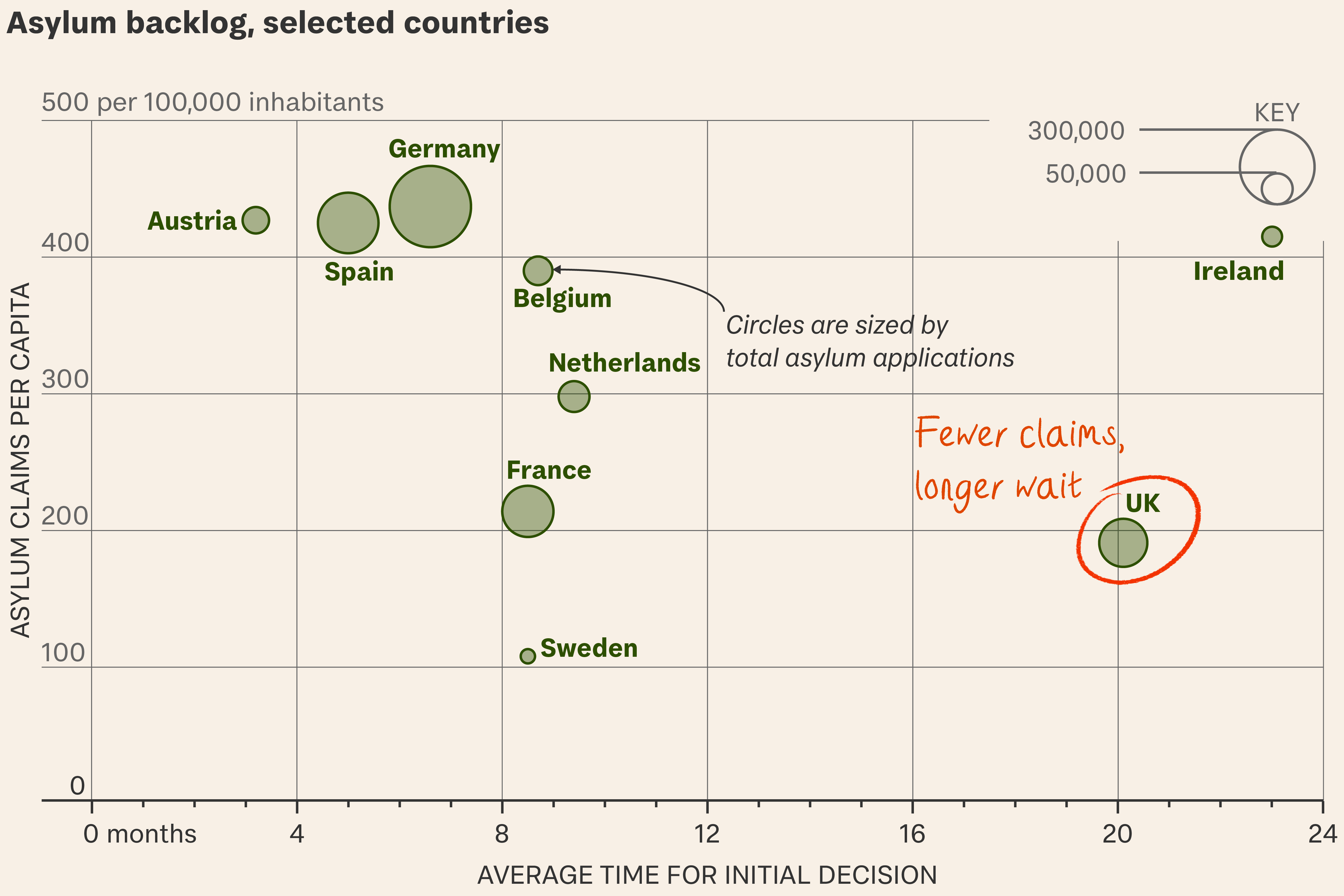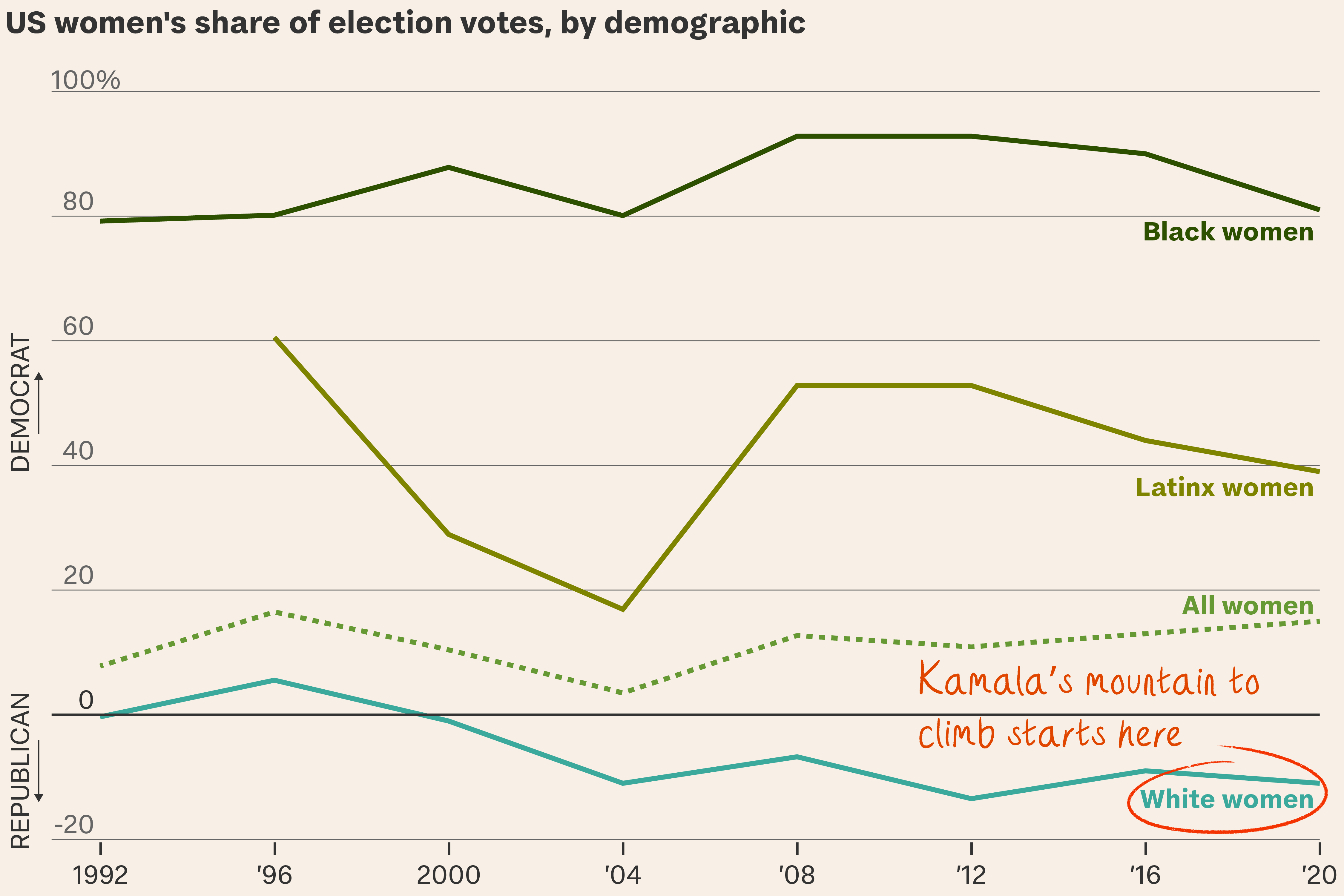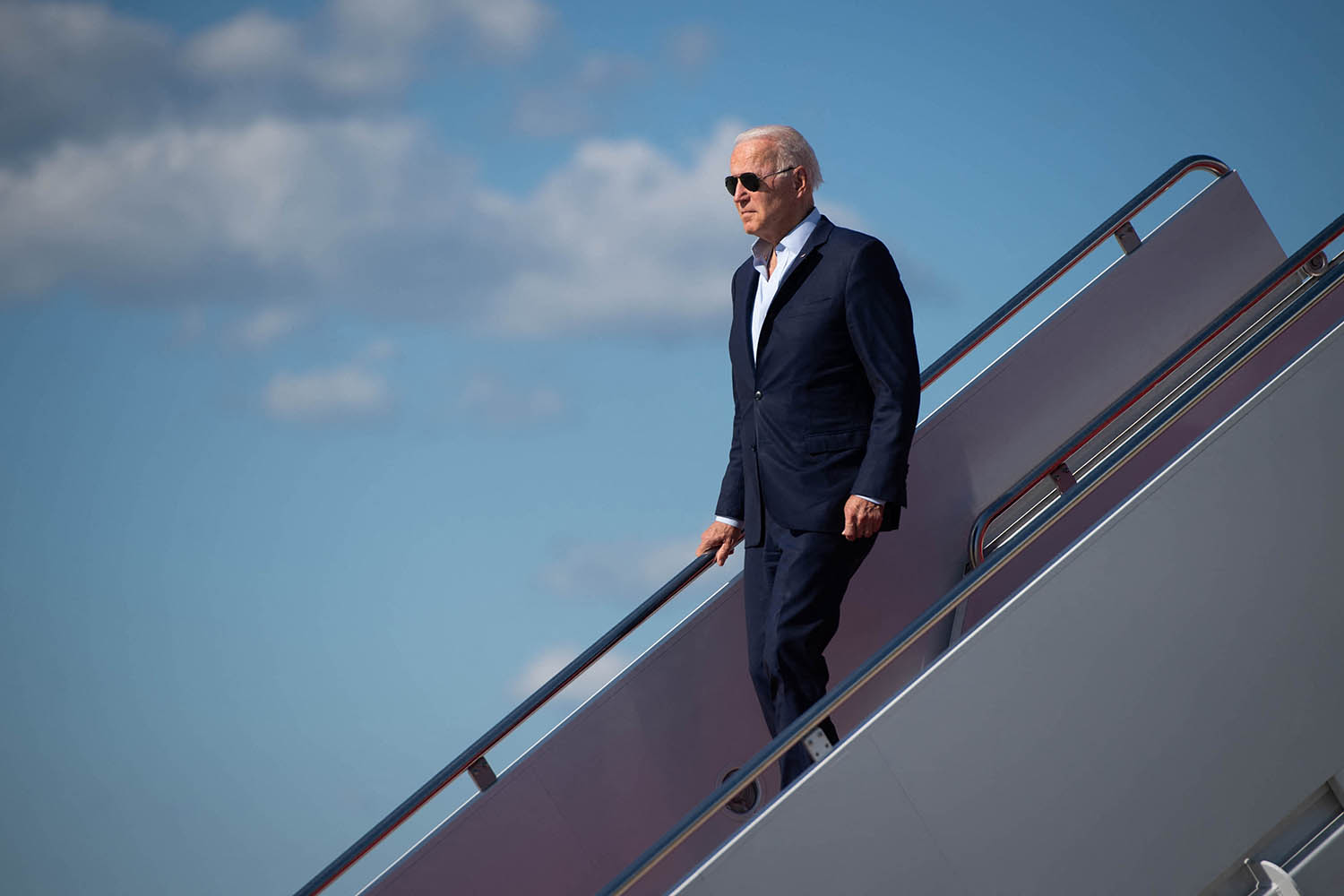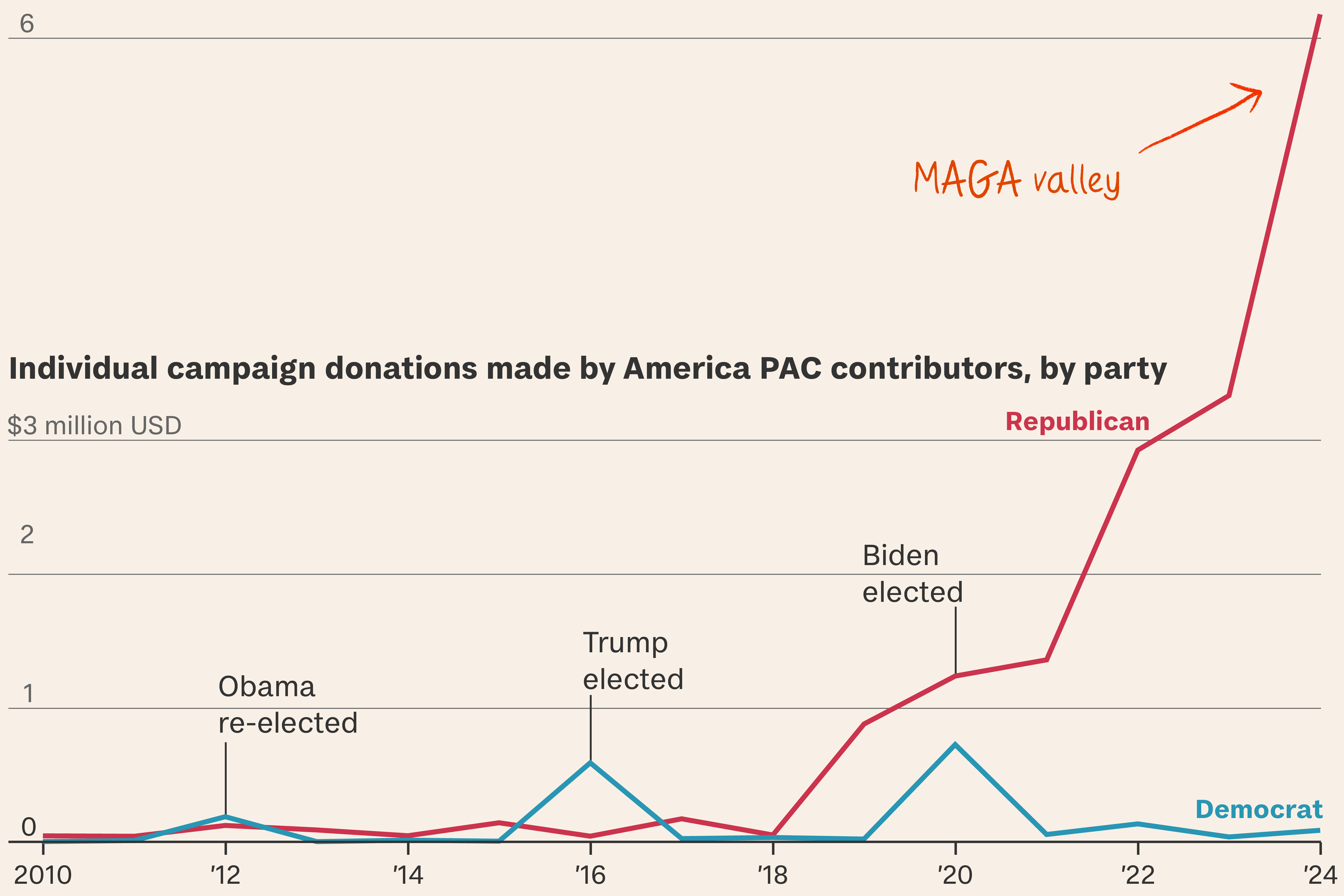
Starmer is right that he needs growth but he can’t be honest about how to get it.
This week the UK’s three main political parties have produced, between them, 333 pages of manifesto.
So what? Some of these pages are interesting expressions of what the parties think matters to the voters they are targeting in 2024. Fifty-eight of them matter.
These pages include
- 48 that outline Labour’s plans to boost the growth it needs to pay for everything else it wants to do, from ending child poverty to helping Ukraine defeat Russia;
- four in which Labour pledges to “reconnect” with Europe without rejoining the EU customs union or single market; and
- six in which the party costs its spending promises and matches them to new sources of revenue, from £5 billion it thinks it can get by limiting tax avoidance to £1.5 billion from VAT on private school fees.
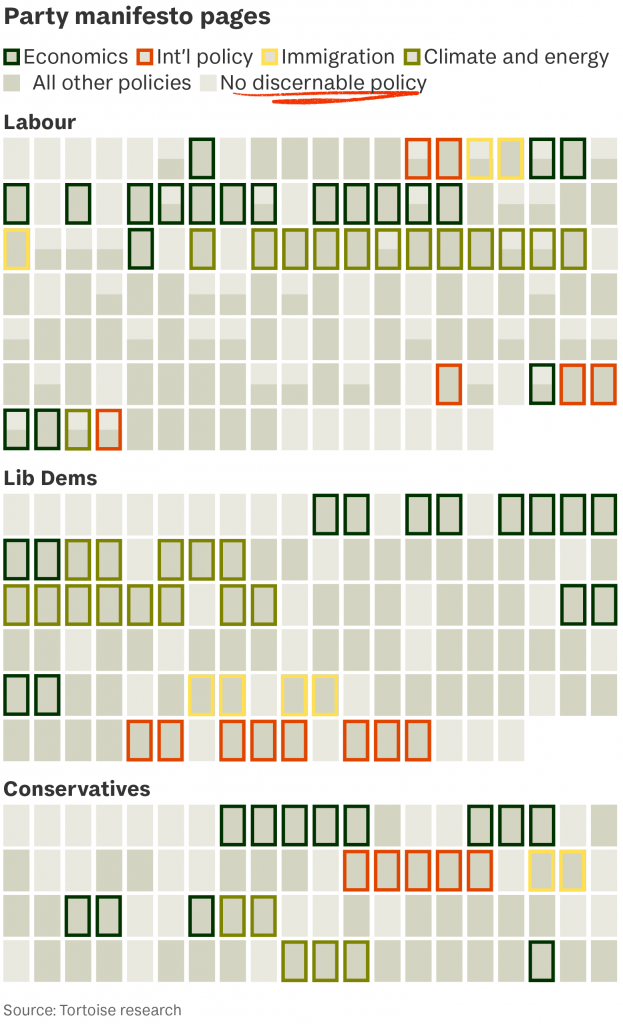
The content is aspirational. If he could afford it Keir Starmer would like to fix homelessness, healthcare, social care, childcare, schools, higher education and the rolling implosion of local government finances, to name but seven of many more items that will clamour for his attention in his next job*.
The tone is honest, in principle: “Sustained economic growth is the only route to improving the prosperity of our country and the living standards of working people,” the manifesto’s most important section begins. “That is why it is Labour’s first mission for government.”
The trouble is that the manifesto as a whole is full of holes, and not just the 1 million potholes for which £65 million has been earmarked from the deferral of the A27 bypass round Arundel in Sussex.
These holes fall into three categories:
Unacknowledged costs. An extra £6 – £16 billion will be needed by the last year of the next parliament to avoid real-terms cuts in unprotected government spending, including on essentials like courts, prisons, policing, legal aid and further education, says Bee Boileau of the Institute for Fiscal Studies. This is less than the £10 – £20 billion shortfall forecast under current Conservative spending plans, but also much less than the extra £30 billion the IMF says the UK needs to stabilise its debt whoever’s in Downing Street.
Unacknowledged taxes. The IFS’s Paul Johnson says Labour will have to raise taxes after the election to meet these shortfalls, absent a sharp and for now implausible uptick in growth. It has ruled out increases in income tax, VAT rates and national insurance. Not ruled out and therefore serious possibilities are increases in
- capital gains tax, currently levied at 10-28 per cent compared with income tax at 20-45 per cent;
- inheritance tax; and
- other wealth taxes such as on dividends.
The elephant in the manifesto. Europe. The manifesto repeats the doleful mantra that “with Labour, Britain will stay outside of the EU” and will instead “make Brexit work”. It promises to tear down “unnecessary barriers to trade” without returning to the single market or the customs union.
Newsflash: the EU tore down unnecessary barriers to trade by creating the single market and the customs union, and rejoining them are “the most obvious tools” at Starmer’s disposal in his hunt for growth, says Joel Reland of UK in a Changing Europe. Or they would be if Starmer hadn’t barred talking about them for fear of angering the Red Wall.
Starmer knows this but is disciplined in his pursuit of power. Once he has obtained it, the terms of trade will have to change.
What’s more… If they don’t, he may face questions from the 56 per cent of voters and 76 per cent of Labour supporters who want back into the EU.
*A novelty of this election is that it has made the convention of not prejudging the result look quaint.


